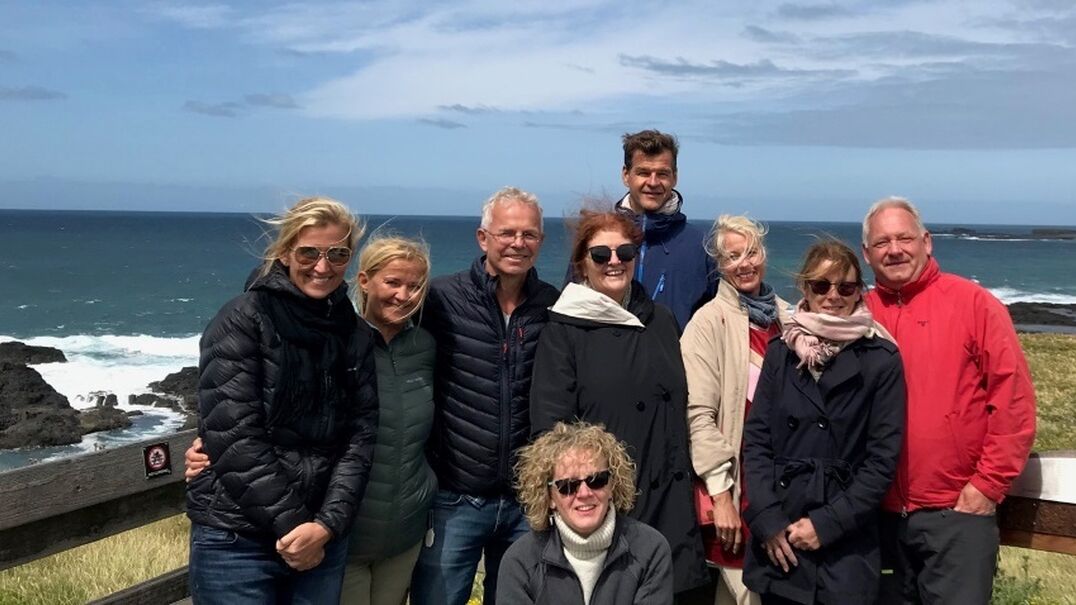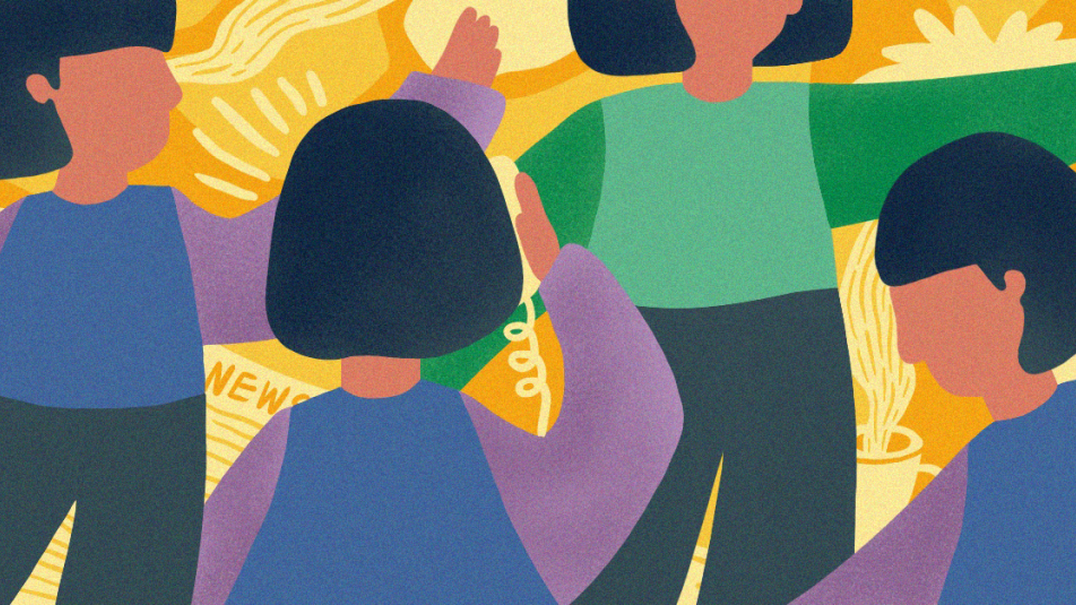In recent years, we have seen a greater awareness of the prevalence and impact of family violence (also referred to as domestic violence). This includes the Victorian Royal Commission into Family Violence in 2016, which made 227 recommendations the Victoria Government committed to implementing.
It is a great start, and the increased knowledge and visibility of family violence has led to an increase in police reports, disclosures from victim survivors and consequently, a higher demand for services including specialist family violence responses.
The risk of family violence fatigue
On average in Victoria, police attend one incidence of family violence every six minutes. (Source: Crime Statistics Agency)
And there are still many family violence perpetrators choosing to murder women. One woman a week on average.
(Source: Counting Dead Women Australia researchers of Destroy The Joint )
With such a prevalence and increased attention across media, there are suggestions that people may become fatigued by the seemingly endless depictions of horrific family violence.
At Berry Street, we recognise that behind each media representation are real people’s lives and we are committed to making a difference.
We refuse to accept the behaviour choices of perpetrators within our society. Instead, we aim to let every victim survivor know they are not alone, and that help is always available.
Family violence can occur anywhere, to anyone
As a society, we are learning more about how perpetrators of family violence – most often men – choose to use power, coercive control and manipulative behaviours within relationships. This is leading to a broader awareness around how, and to whom, family violence occurs.
Family violence is often an ongoing pattern of behaviour that includes multiple, often subtle, tactics perpetrators use to intimidate and control. And while physical violence is most widely recognised, many other forms of abuse exist.
The Family Violence Protection Act (2008) defines ‘family violence’ as behaviour towards a family member that is physically, emotionally, sexually, economically or psychologically abusive. It can include threats and intimidation, controlling someone’s access to money or isolating someone from their friends and family.
"Patterns of abuse can fluctuate and increase in intensity and risk over time. The perpetrator uses a pattern of behaviour to limit the agency and choice of victim survivors and to entrap them in the relationship. This pattern can escalate, particularly when the perpetrator feels their control is threatened, such as when the victim survivor tries to leave. This pattern is often referred to as ‘coercive control,'" said Jac Dwyer, Northern Specialist Family Violence Service, Berry Street.
Children remain the unrecognised victims
Berry Street recognises children as victim survivors of family violence.
Children are present in 30 per cent of family violence incidents attended by police (Source: Crime Statistics Agency).
However, we understand that children are likely to be impacted by family violence events even if they are not directly targeted by the perpetrator or present for acts of physical violence. For example, family violence perpetrator behaviours are the leading cause of homelessness for women and children. (Source: Australian Institute of Health and Welfare Specialist homelessness services annual report )
Our specialist staff work collaboratively with adult victim survivors to understand each child’s experience of family violence and make the connections between the behaviours of the perpetrator of the violence and the how the child is presenting as a result. Our support plans for children work from the understanding that family violence is the source of harm.
Berry Street’s family violence services
“We work with victim survivors to support them to assess the level of risk posed by the perpetrator’s behaviour choices and to develop and coordinate an individualised risk management plan. The plans respond to perpetrator’s patterns of abuse as well as providing practical support to help them to rebuild their safety and stability,” said Jac.
Berry Street’s family violence services operate within The Orange Door network and through our Northern and Western Specialist Family Violence Services.
We provide accommodation and support services through our Mother Infant Village (MI Village) and Short-Term Accommodation and Response (STAR) program.
Through Child Parent Psychotherapy (CPP), an evidence-based therapy for young children who have experienced family violence, we support the restoration of the relationship between caregiver and child that has been impacted by the perpetrator’s behavioural choices.
Restoring Childhood, part of our Take Two therapeutic service is an early intervention service focused on the child and aims to address childhood trauma as early as possible as the best way of reducing its long-term effects.
We cannot end family violence without working with the people choosing to use it. In recognition of this, our Western Specialist Family Violence Service also works with the perpetrators of violence to support them to change their behaviour choices.
Perpetrator’s behavioural choices
You may notice we refer to “perpetrator’s behaviour choices” a lot when talking about family violence. This is because the use of violent and abusive behaviours are always a choice and perpetrators must be held accountable for their actions.
What can you do?
- continue to educate yourself about family violence and learn to spot the signs
- raise awareness of family violence, and its many forms, by talking to your family and friends
- support organisations, like Berry Street, who are providing critical family violence services.



